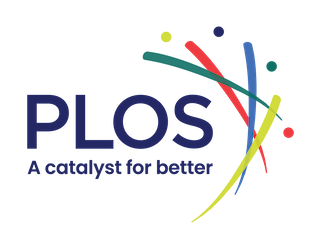A report by the Ministry of Higher Education and Research on understanding the key functions of research data management and dissemination
Research data plays a central role in science as the production, structuring and dissemination of such data actually constitutes scientific work in its own right. To produce FAIR (Findable, Accessible, Interoperable and Reusable) data a set of skills and functions are required that too often remain invisible or poorly recognised.
To shed more light on this landscape, this report characterises the key operational functions involved throughout the data lifecycle – from collection to dissemination and including structuring, processing, documentation and availability.
Seven operational functions
The study is based on a review of the literature and an extensive survey of the French scientific community involving over 1500 responses and 26 qualitative interviews. It describes seven essential functions in detail:
- Data stewardship: coordination of the data lifecycle, ensuring data quality, compliance and traceability.
- Data curation: cleaning, organising and enriching data to make it understandable, usable and reusable.
- Data engineering: designing and maintaining technical processing infrastructures and flows.
- Data analysis: statistical exploration and visualisation to produce actionable results.
- Data science: modelling and developing algorithms to transform data into knowledge.
- Data documentation: using metadata to describe data.
- Documentary metadata curation: structuring and control of metadata.
Alongside these operational functions, the cross-functional and strategic role of data governance are also essential for for the definition of an overall framework at institutional level, compliance with standards and effectively supporting digital sovereignty.
A challenge in terms of recognition and training
The results highlight the need to recognise and promote these functions in academic careers and research organisations. There is a diverse range of profiles involved, including researchers, engineers, document and IT specialists, etc., which reflects both the many skills required and, conversely, the current lack of clarity as regards job titles and scoping. For this reason, this report proposes a shared reference framework intended to be useful for researchers, support staff, unit directors and team leaders working on recruitment, individual assessment and training.
The report also emphasises the importance of structuring appropriate training courses to provide data professionals with the means to carry out their missions fully while supporting the transformation of research towards data sharing and reuse.
Read the report (inFrench): Research data: characterisation of key functions related to its management, exploitation, dissemination and use





